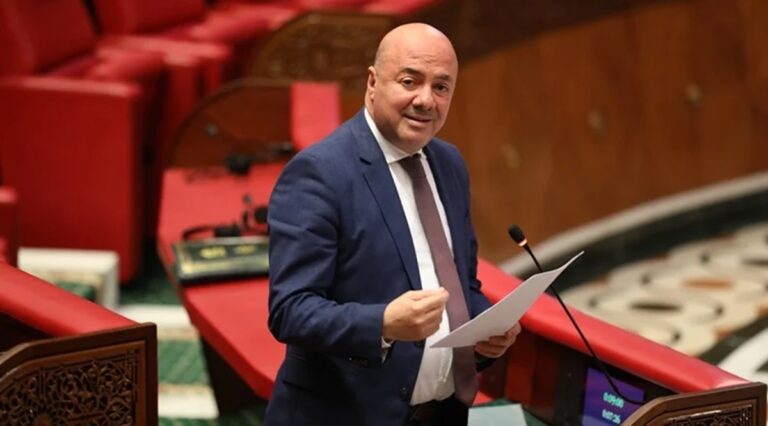Morocco’s Slum-Free Cities Program has improved the living conditions of 372,316 families as of the end of October, according to State Secretary for Housing, Adib Ben Ibrahim.
Speaking at the Upper House on Tuesday, Ben Ibrahim said an additional 68,950 families are currently benefiting from completed or ongoing housing projects. He noted that the total cost of the program has reached MAD 63.72 billion, with the Ministry of Housing contributing MAD 14.65 billion.
He credited the program’s success to collaboration between the Ministry of Housing and other government agencies, including the Interior Ministry and the Ministry of Economy and Finance.
Ben Ibrahim said that 62 cities and urban centers have now been classified as “slum-free,” in line with Morocco’s national housing policies under the leadership of King Mohammed VI.
Over the past four years, the government has improved housing conditions for more than 69,300 families, he added. The rate of family relocations rose from about 6,200 per year between 2018 and 2021 to around 17,330 per year between 2022 and 2025. The increase was most notable in large cities such as Casablanca, Marrakech, Temara-Skhirat, and Salé.
Despite the progress, Ben Ibrahim acknowledged ongoing challenges. These include a growing number of households in need, limited participation by eligible families in relocation programs, low interest in some new housing sites, and insufficient infrastructure in certain areas. He also highlighted high costs associated with completing external urban works, which require additional funding.
The State Secretary cited the relocation project in Skhirat-Temara as a model for successful public-private partnership. The project replaced informal settlements with permanent housing rather than temporary shelters, benefiting 22,643 families out of 33,300 targeted.
Following its success, Morocco launched a new five-year plan (2024–2028) focused on replacement housing to address land shortages, particularly in major urban areas. The plan aims to assist the remaining 120,000 families still awaiting relocation under the Slum-Free Cities initiative.
Ben Ibrahim also addressed the aftermath of the September 2023 Al Haouz earthquake, which exposed major gaps in Morocco’s housing and reconstruction systems. The 6.8-magnitude quake killed nearly 3,000 people and damaged more than 55,000 homes.
He said the government’s MAD 11 billion (USD 1.1 billion) reconstruction plan has achieved 90% completion, with most affected homes rebuilt. However, the Moroccan Human Rights League has disputed this figure, reporting that around 16% of households have yet to receive assistance.
Protests erupted in Rabat on Monday as earthquake survivors accused authorities of neglect and corruption in aid distribution. Many said they were excluded from beneficiary lists due to unresolved land titles and administrative delays, while others cited rising construction costs and poor road access in mountainous areas.
These disputes, analysts say, reveal a wider gap between Morocco’s urban relocation programs and rural reconstruction efforts, underscoring the need for more inclusive and locally adapted housing policies.



